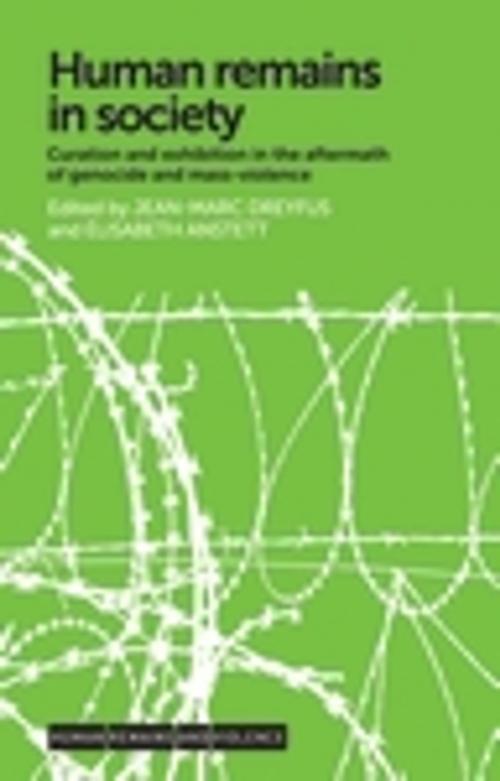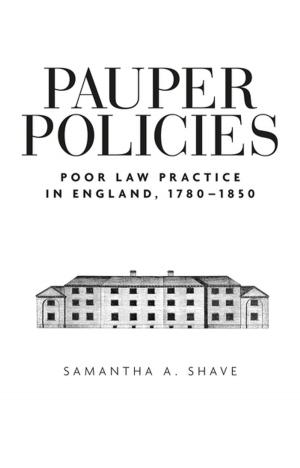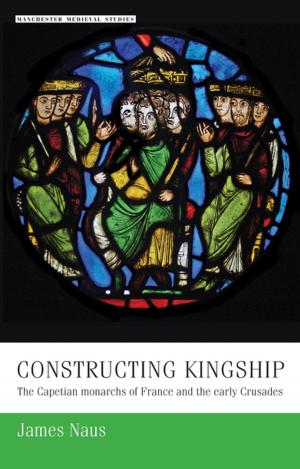Human remains in society
Curation and exhibition in the aftermath of genocide and mass-violence
Nonfiction, Social & Cultural Studies, Social Science, Archaeology, Anthropology, Political Science| Author: | ISBN: | 9781526108197 | |
| Publisher: | Manchester University Press | Publication: | December 5, 2016 |
| Imprint: | Manchester University Press | Language: | English |
| Author: | |
| ISBN: | 9781526108197 |
| Publisher: | Manchester University Press |
| Publication: | December 5, 2016 |
| Imprint: | Manchester University Press |
| Language: | English |
Human remains and society presents a groundbreaking account of the treatment and commemoration of dead bodies resulting from incidents of genocide and mass violence. Whether reburied, concealed, stored, abandoned or publically displayed, human remains raise a vast number of questions regarding social, legal and ethical uses by communities, public institutions and civil society organisations.
Through a diverse range of international case studies, across multiple continents, this highly innovative book explores the effect of dead bodies or body parts, either desired or unintended, on various political, cultural or religious practices. How, for instance, do issues of confiscation, concealment or the destruction of human remains in mass crime impact on transitional processes, commemoration or judicial procedures?
Multidisciplinary in scope, Human remains and society will appeal to readers interested in the crucial phase of post-conflict reconciliation. This includes students and researchers of history, anthropology, sociology, archaeology, law, politics and modern warfare.
Human remains and society presents a groundbreaking account of the treatment and commemoration of dead bodies resulting from incidents of genocide and mass violence. Whether reburied, concealed, stored, abandoned or publically displayed, human remains raise a vast number of questions regarding social, legal and ethical uses by communities, public institutions and civil society organisations.
Through a diverse range of international case studies, across multiple continents, this highly innovative book explores the effect of dead bodies or body parts, either desired or unintended, on various political, cultural or religious practices. How, for instance, do issues of confiscation, concealment or the destruction of human remains in mass crime impact on transitional processes, commemoration or judicial procedures?
Multidisciplinary in scope, Human remains and society will appeal to readers interested in the crucial phase of post-conflict reconciliation. This includes students and researchers of history, anthropology, sociology, archaeology, law, politics and modern warfare.















